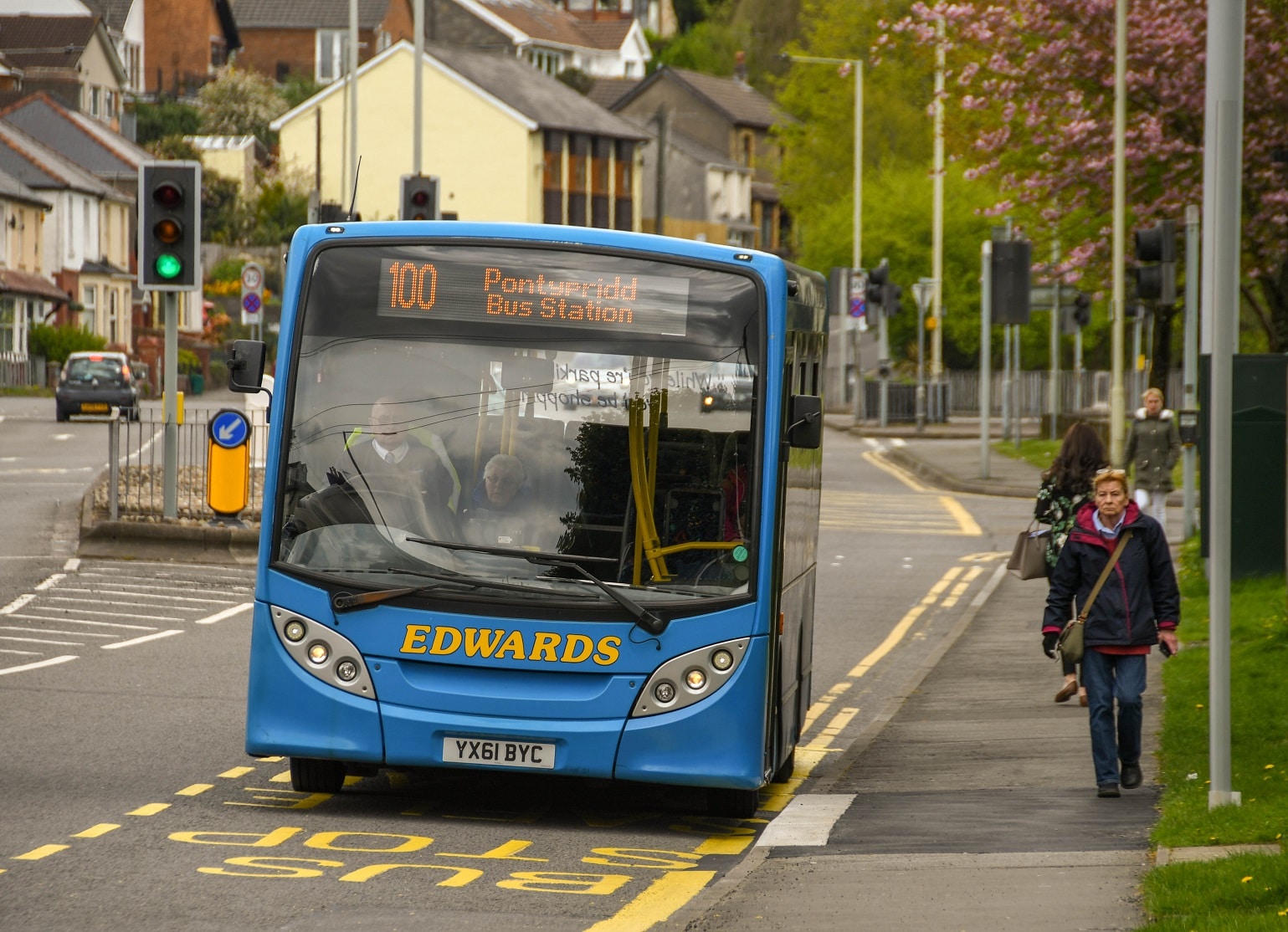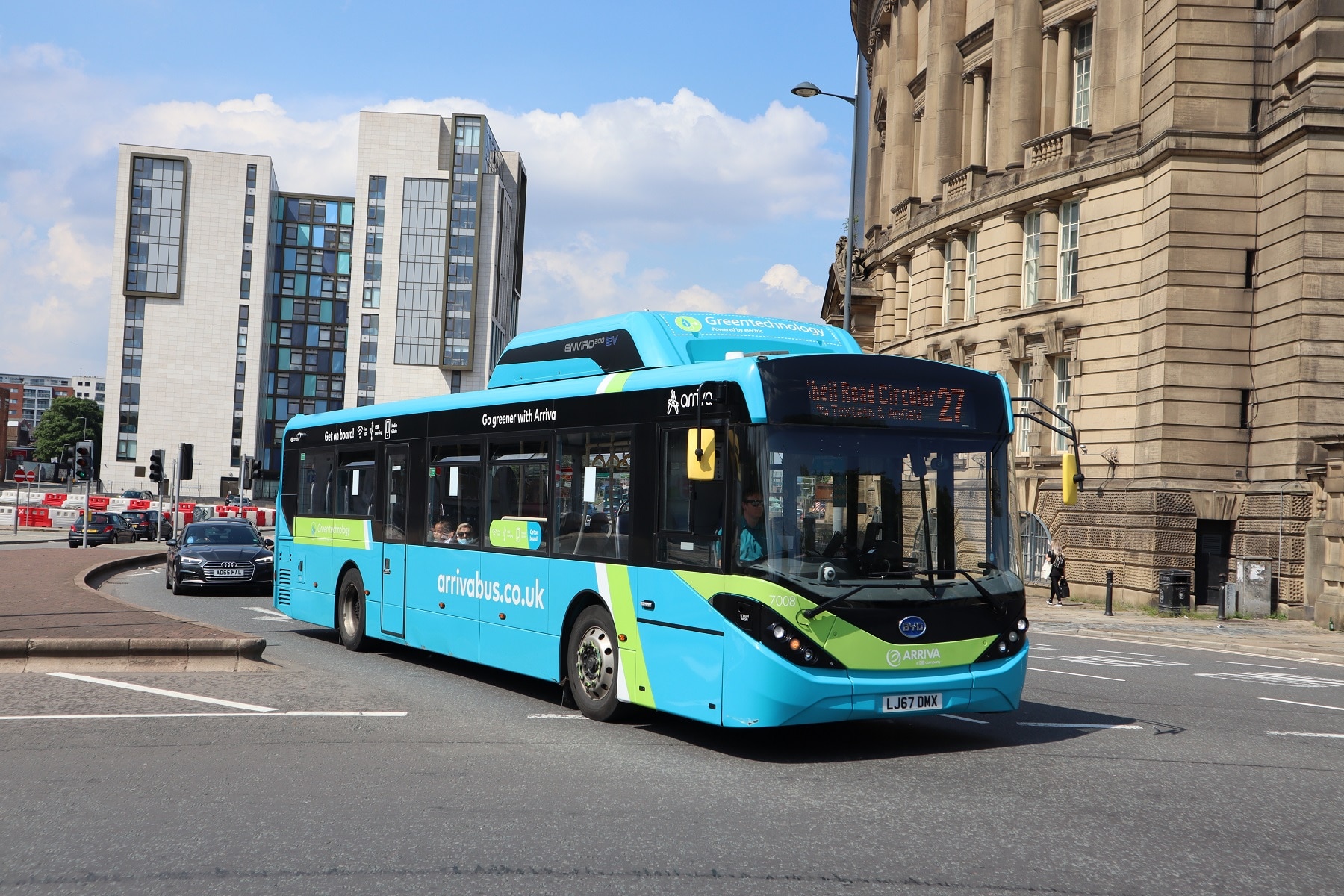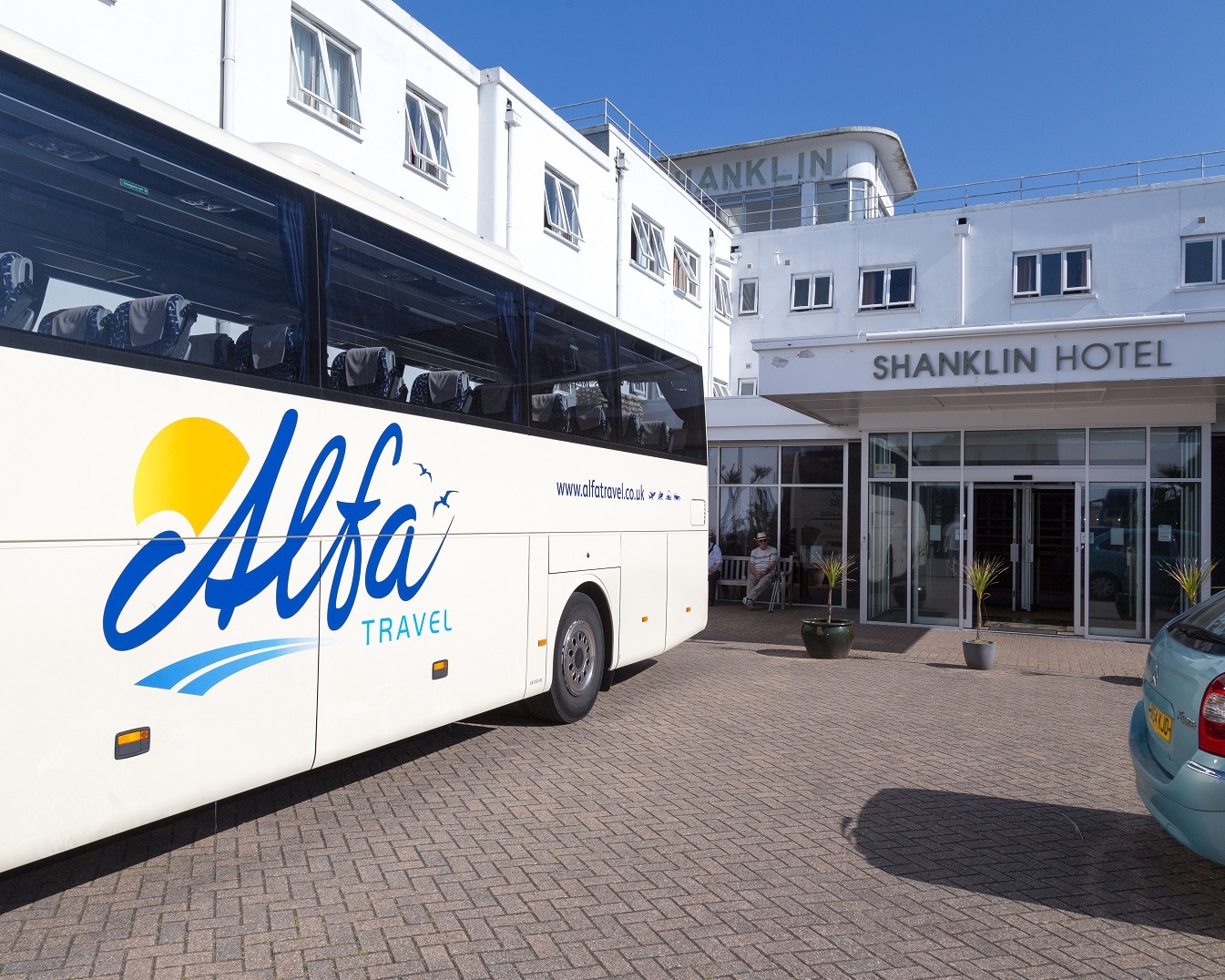The Welsh Government has opened the door to wholesale bus reform through partnership in Wales with the announcement of a Bus Emergency Scheme.
In the short- to medium-term, the Bus Emergency Scheme will replace the Bus Hardship Fund in Wales. It will provide an operating subsidy to make up for lost revenue brought about by lower patronage and reduced vehicle capacities caused by the coronavirus COVID-19 pandemic.
Beyond that, the Scheme signals the start of a “reshaping” of bus services in Wales. That work will be based on partnership, according to a statement made on 2 July by Deputy Minister for Economy and Transport Lee Waters.
“The agreement underpinning the Bus Emergency Scheme is intended to signal the beginning of lasting partnership between operators and public bodies,” says Mr Waters. That will “enable a reshaping of Wales’ bus network, supporting the management and interaction across transport modes including smart ticketing, unified routeing and integrated timetabling.”
Wales Bus Emergency Scheme: The initial funding
Under the initial three months of the Bus Emergency Scheme, Bus Services Support Grant and concessionary fare reimbursement will be maintained at “historic levels.” Operators will also work with local authorities (LAs) and Transport for Wales (TfW) to determine the service level that is to be provided. Those discussions will consider:
- How best to serve key workers
- How best to serve the economy as it restarts
- The capacity of buses, considering service patterns and social distancing guidance
- The accommodation of any staff shortages faced by operators.
The Welsh Government will provide further funding to support that agreed level of service provision.
It is not yet known how that money will be distributed. However, one operator has suggested that it will not simply be proportional to the size of a business or paid on a pence per kilometre basis, as it largely is in England outside London through the Coronavirus Bus Services Support Grant Restart fund and its predecessor.
Instead, the money may be allocated based on the overall hardship that the operator concerned is suffering. It is understood that the priority is to see the money delivered to the industry quickly rather than incur a delay while a complex allocation formula is worked out. More information is expected to be supplied to operators soon.
Long-term funding from Scheme heralds industry reform
Beyond the emergency period, the Welsh Government and TfW will design a new funding mechanism for the bus industry in Wales in collaboration with LAs and operators. It will include a “fair and consistent” approach to fares through agreements that are within the principles of an economic contract and a social charter.
“This approach will enable us to work in partnership to improve services, including cleanliness, reliability and safety and security, which will be critical during the recovery period while we work together to secure an efficient, sustainable and robust bus network for the future,” says Mr Waters.

It is understood that the changes will involve passengers being consulted on fare and timetable revisions.
Multi-operator and multi-modal ticketing is also high on the Welsh Government’s agenda as part of the contracts to be agreed by operators.
Commenting on the longer-term impact of the Bus Emergency Scheme, the same manager observes that it has the potential to “change the Welsh bus industry forever.”
On a positive note they have seen increasing evidence of an acceptance by the Welsh Government that there is a need for a long-term uplift in bus funding if its aims for reform are to be delivered.
What does the news mean for Bus Services (Wales) Bill?
The same manager – who cautiously welcomes the Welsh Government’s approach with the Bus Emergency Scheme – questions whether the Bus Services (Wales) Bill will be passed now a route to constructive partnership has been opened with bus operators.
When the Bill was introduced in March, Minister for Economy, Transport and North Wales Ken Skates said that deregulated bus services in Wales had been “an abject failure.” Mr Skates added that “the free market model simply does not work,” although the Bill allows for the creation of partnership schemes.
Passenger group Bus Users has also cautiously welcomed the announcement of a Bus Emergency Scheme. But its Director for Wales, Barclay Davies, has called for more information about the longer-term partnership approach to be made available by the Welsh Government.



























